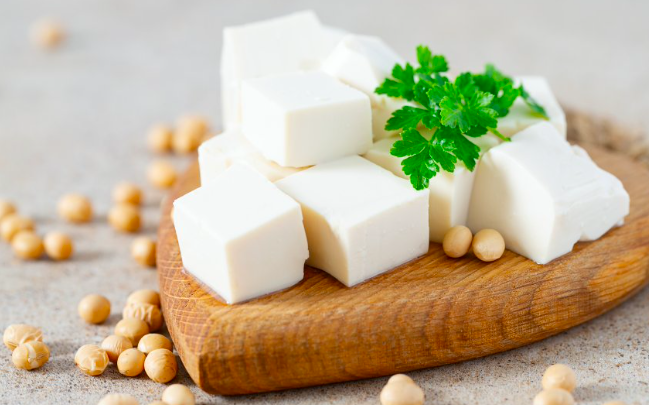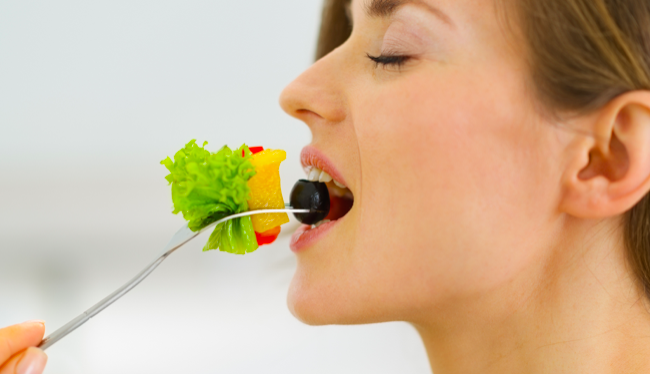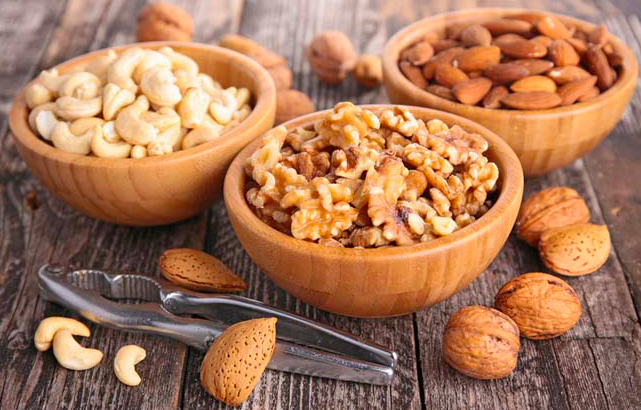🍎11 eating habits that extend our lifespan🍎
01. Eat it bland no matter what
The average daily salt intake of Koreans is 11.2g, more than twice the recommended level of 5g by the World Health Organization. Eating salty food increases blood pressure, causing and worsening cardiovascular disease. Consuming potassium-rich vegetables during meals helps prevent salt absorption.
02. Eat it upside down
Conversely, the way to eat a meal is not to eat a side dish after eating a meal, but to eat a side dish first. Eat a chopstick of vegetable side dishes and a chopstick of protein side dishes, and then scoop up a spoon of rice. Next, eat a chopstick of vegetables and a chopstick of fat, and then scoop up a spoon of rice. By eating vegetables with high satiety first, it helps to reduce the amount of food eaten, and you can eat plenty of dietary fiber.
03. Eat only with chopsticks

Eating with chopsticks can effectively reduce salt and fat intake by eating ingredients instead of soup. Chopsticks are sophisticated exercises that stimulate the brain, which helps prevent dementia.
04. Eat a lot of beans and tofu

In order to increase the health life expectancy, it is important to eat vegetable protein. It is recommended to increase the percentage of soybean and tofu intake containing vegetable proteins. If middle-aged women before and after menopause eat beans and tofu, they can expect two effects: protein supply and female hormone supplementation
05. Eat vegetables and fruits properly

Proper consumption of vegetables and fruits can reduce excessive calories, salt, and unsaturated fatty acids. Dietary fiber and antioxidant vitamin intake increase, which can maintain a nutritional balance.
06. Be careful of sweet fruits

Fruits tend to be eaten without hesitation due to the strong perception that they are healthy foods. However, fruits high in sugar can cause obesity.
○ Less sugar - Raspberry, cranberry, lemon, lime
○ Normally, sugar. - Apple, strawberry, watermelon, peach
○ High in sugar - oranges, kiwis, plums, pears, pineapples
○ Very high in sugar - cherries, grapes, mangoes, pomegranates, bananas
07. Get close to blue-backed fish

Blue-backed fish contain omega-3 fatty acids such as EPA and DHA, which help prevent cardiovascular disease. Lack of omega-3 fatty acids can reduce fat in the brain cell membrane, increasing the risk of dementia. It is recommended to eat blue fish more than twice a week (about 230g).
08. Remember Color Food

Red contains lycopene and anthocyan, which removes free radicals and improves immune function. Many carotenoids in yellow have anti-cancer and anti-aging effects. Green, many sulforaphane, indole, and lignan reduce the risk of hormone-related cancers such as colon cancer, breast cancer, and prostate cancer. Purple contains a lot of phenolic compounds, which help prevent vascular diseases and heart diseases by lowering blood cholesterol levels. Many allyl compounds in white are effective in lowering blood pressure.
09. Chew well

Chewing food produces a lot of saliva, and only feroxidase, an enzyme in saliva, removes active oxygen to increase immunity. In addition, chewing itself can prevent dementia by stimulating the brain. It stimulates the nerves of the jaw muscles and sends signals to the area that controls the appetite of the brain to feel full.
10. Nut is the best snack

Nuts contain many healthy nutrients such as omega-3 fatty acids, vitamin E, and dietary fiber. Thanks to this, it lowers low-density cholesterol and prevents cardiovascular disease and diabetes. Most nuts, except chestnuts and ginkgo, have high fat content, so don't eat up to 40g. A handful (25 to 30 grams) per day is appropriate.
11. Eat less

People in Okinawa, Japan, the world's longest-running village, report about half of the average Westerner (2500 kcal). Eating less reduces the metabolic rate in the body and reduces active oxygen, which can prevent heart disease and cancer. Okinawans like to eat low-calorie vegetables, fruits, tofu, brown rice, and seaweed.
'Life, Food, health, diet' 카테고리의 다른 글
| 5 secrets of 'the unaging brain' (0) | 2022.05.08 |
|---|---|
| Self-stressing mistakes 5 (0) | 2022.05.08 |
| 6 anti-inflammatory foods that you must put in your diet (0) | 2022.05.08 |
| Wisdom that's helpful for daily life (0) | 2022.05.08 |
| Healthy way of aging (0) | 2022.05.08 |